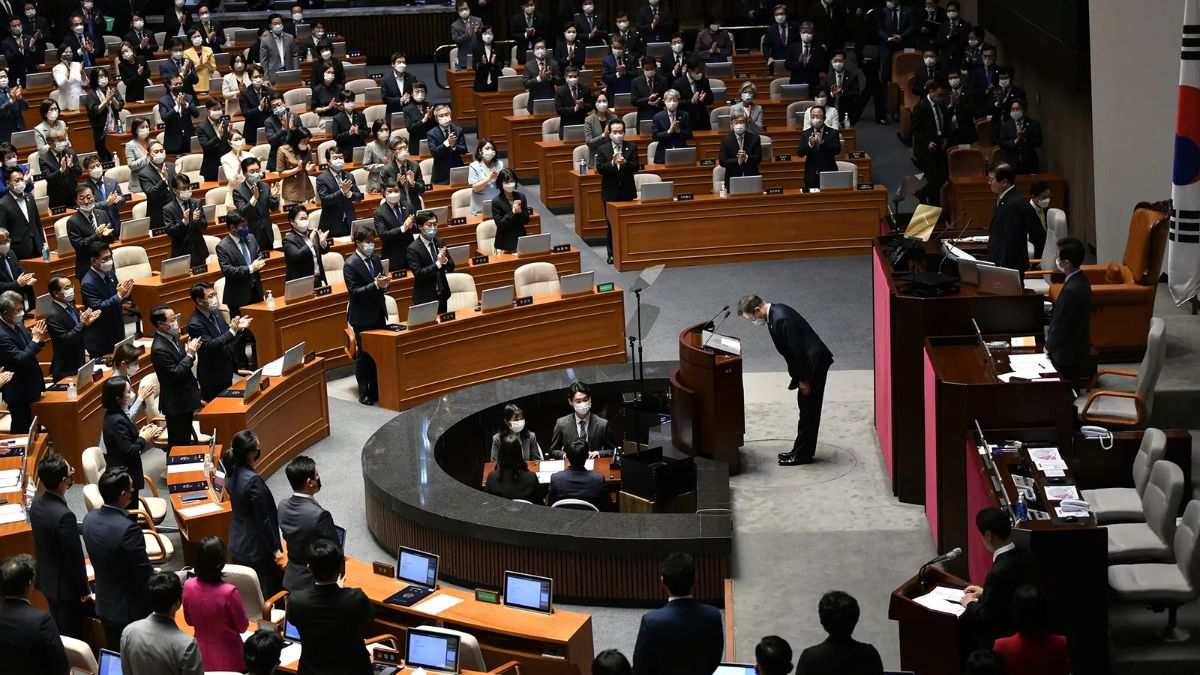South Korea’s National Assembly has passed a highly contested broadcasting bill, sparking significant controversy and a dramatic walkout by lawmakers from the People Power Party (PPP). The bill, approved on Thursday by a vote of 173 to 120, introduces sweeping changes to the country’s broadcasting regulations, aiming to enhance transparency and accountability within the industry.
The new legislation includes provisions for stricter content moderation, increased government oversight, and new licensing requirements for broadcasters. Proponents argue that these measures are necessary to combat misinformation and ensure fair media practices. Supporters from the ruling Democratic Party of Korea (DPK) assert that the bill will strengthen media integrity and protect public interest.
However, the bill has faced intense criticism from opposition lawmakers and media groups. Critics contend that the legislation could undermine press freedom and grant excessive control to the government, potentially stifling independent journalism and restricting free expression. The PPP, which has vocally opposed the bill, argues that it represents a dangerous encroachment on media autonomy and democratic values.
The tension reached a peak when PPP members staged a dramatic exit from the assembly floor in protest of the bill’s passage. In a statement, PPP leader Kim Jae-Won denounced the bill as an “unprecedented attack on democratic principles” and vowed to challenge its implementation through legal means. The exit of PPP lawmakers highlighted the deep divide and heightened stakes surrounding the bill.

